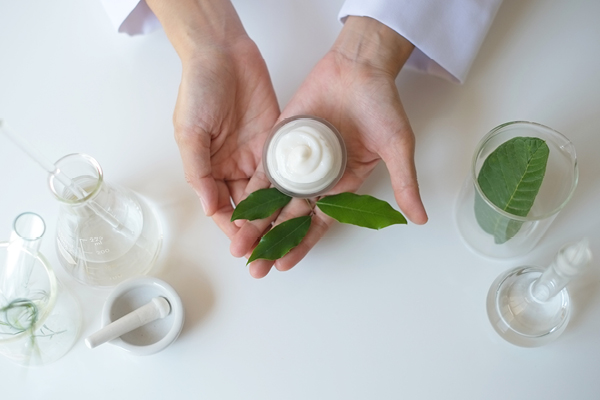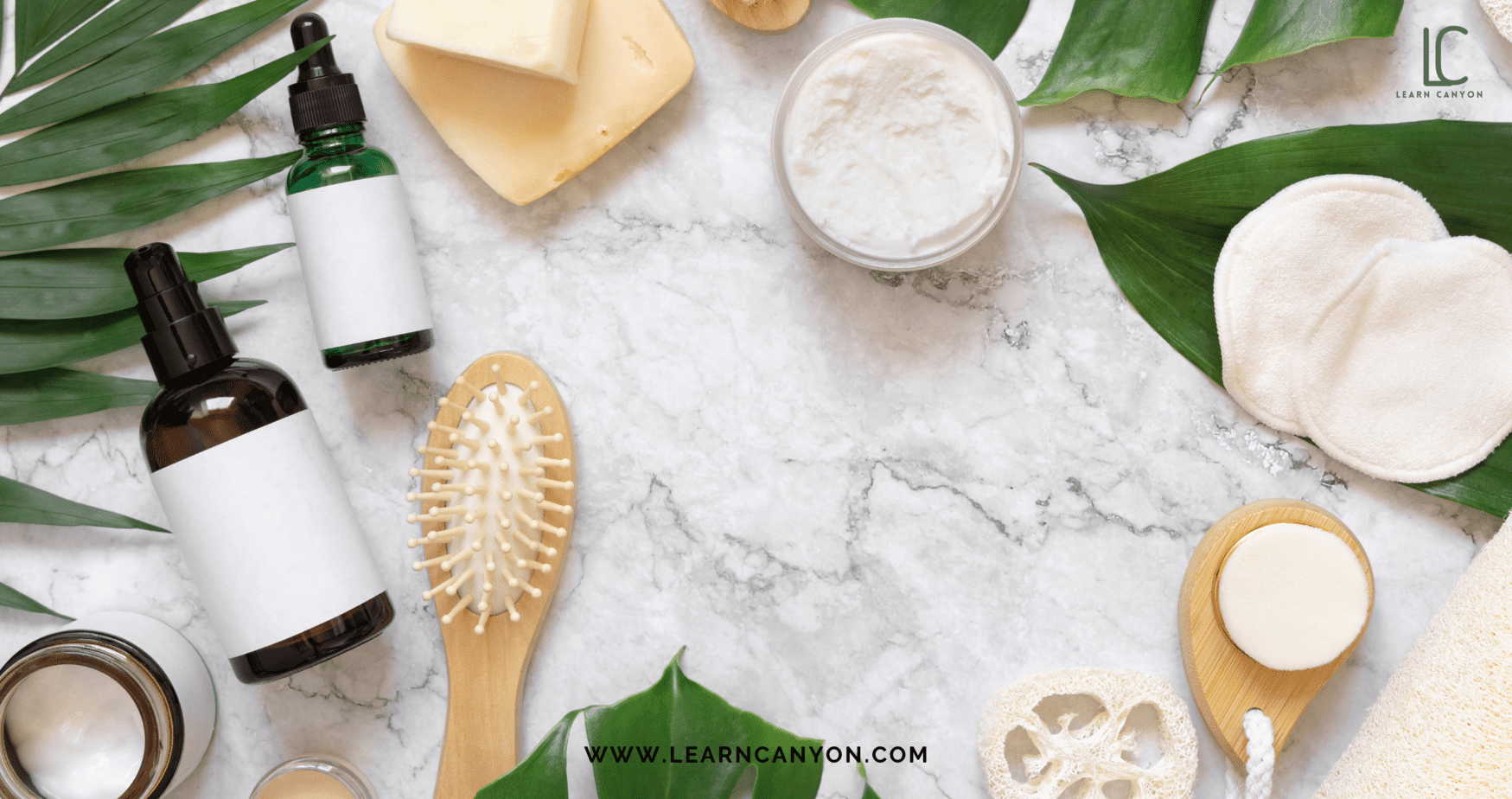When shopping for skincare products, you often encounter terms like “natural” and “organic.” These labels can be confusing, as they are sometimes used interchangeably but actually refer to different qualities of products. Understanding the difference between natural and organic skincare can help you make more informed choices for your beauty regimen.
Definition of Natural Skincare
Ingredients
Natural skincare products are made from ingredients that are derived from the nature. This includes plant extracts, minerals, and animal-derived ingredients like beeswax. The key aspect is that the ingredients should be minimally processed and free from synthetic additives.
Regulation and Certification
The term “natural” is not strictly regulated, which means there is no universal standard that manufacturers must adhere to. As a result, products labeled as “natural” can vary significantly in their composition. It’s important to read the ingredient list to understand what you are getting.

Benefits
Gentleness: Natural ingredients are often gentler on the skin and less likely to cause irritation.
Fewer Chemicals: These products typically contain fewer synthetic chemicals, which can be beneficial for sensitive skin.
Eco-Friendly: Natural ingredients are generally more environmentally friendly, as they are biodegradable and often sourced sustainably.
Definition of Organic Skincare
Ingredients
Organic skincare products are made from ingredients that are grown and processed under strict guidelines. These guidelines prohibit the use of synthetic fertilizers, pesticides, and genetically modified organisms (GMOs). Organic ingredients must be free from synthetic chemicals and artificial additives.
Regulation and Certification
The term “organic” is regulated by certification bodies such as the USDA (United States Department of Agriculture) or ECOCERT. For a product to be labeled as organic, it must meet specific standards set by these organizations. This typically involves a rigorous process of inspection and verification.
100% Organic: Products must contain only organic ingredients, excluding water and salt.
Organic: Products must contain at least 95% organic ingredients.
Made with Organic Ingredients: Products must contain at least 70% organic ingredients.
Benefits
High Standards: Organic products must meet strict standards, ensuring they are free from harmful chemicals and synthetic additives.
Nutrient-Rich: Organic ingredients often contain higher levels of beneficial nutrients due to the farming practices used.
Environmental Sustainability: Organic farming practices promote biodiversity and soil health, making them more sustainable.
Key Differences Between Natural and Organic Skincare
1. Ingredient Sources
Natural Skincare: Derived from natural sources, but not necessarily grown organically or free from synthetic chemicals.
Organic Skincare: Derived from ingredients grown and processed under strict organic farming standards, free from synthetic chemicals.
2. Regulation and Certification
Natural Skincare: Not strictly regulated, meaning products can vary widely in their ingredient quality and composition.
Organic Skincare: Highly regulated with specific certification requirements, ensuring consistency and quality.
3. Chemical Use
Natural Skincare: May still contain some synthetic chemicals or additives, depending on the product.
Organic Skincare: Must be free from synthetic chemicals, pesticides, and GMOs, adhering to organic standards.

4. Environmental Impact
Natural Skincare: Generally more environmentally friendly than conventional products but can vary.
Organic Skincare: Prioritizes sustainability and environmental health through organic farming practices.
How to Choose Between Natural and Organic Skincare
1. Understand Your Skin Type
Knowing your skin type (oily, dry, combination, sensitive) can help you choose products that are better suited to your specific needs. Both natural and organic products can benefit various skin types, but sensitivity to certain ingredients can vary.
2. Read Labels Carefully
Look for specific certifications on organic products to ensure they meet the standards you expect. For natural products, check the ingredient list to identify any synthetic additives.
3. Consider Your Values
If environmental sustainability and supporting organic farming practices are important to you, organic skincare may be the better choice. If you are more concerned with minimizing synthetic chemicals, natural skincare products could suffice.
4. Patch Test
Regardless of whether you choose natural or organic products, always perform a patch test before using a new product extensively. This helps ensure you do not have an reaction.
Conclusion
Natural and organic skincare products offer distinct benefits and cater to different consumer needs and values. Natural skincare emphasizes ingredients derived from nature, while organic skincare adheres to strict standards to ensure ingredients are grown and processed organically. By understanding these differences, you can make more informed choices that align with your skin care needs and personal values.